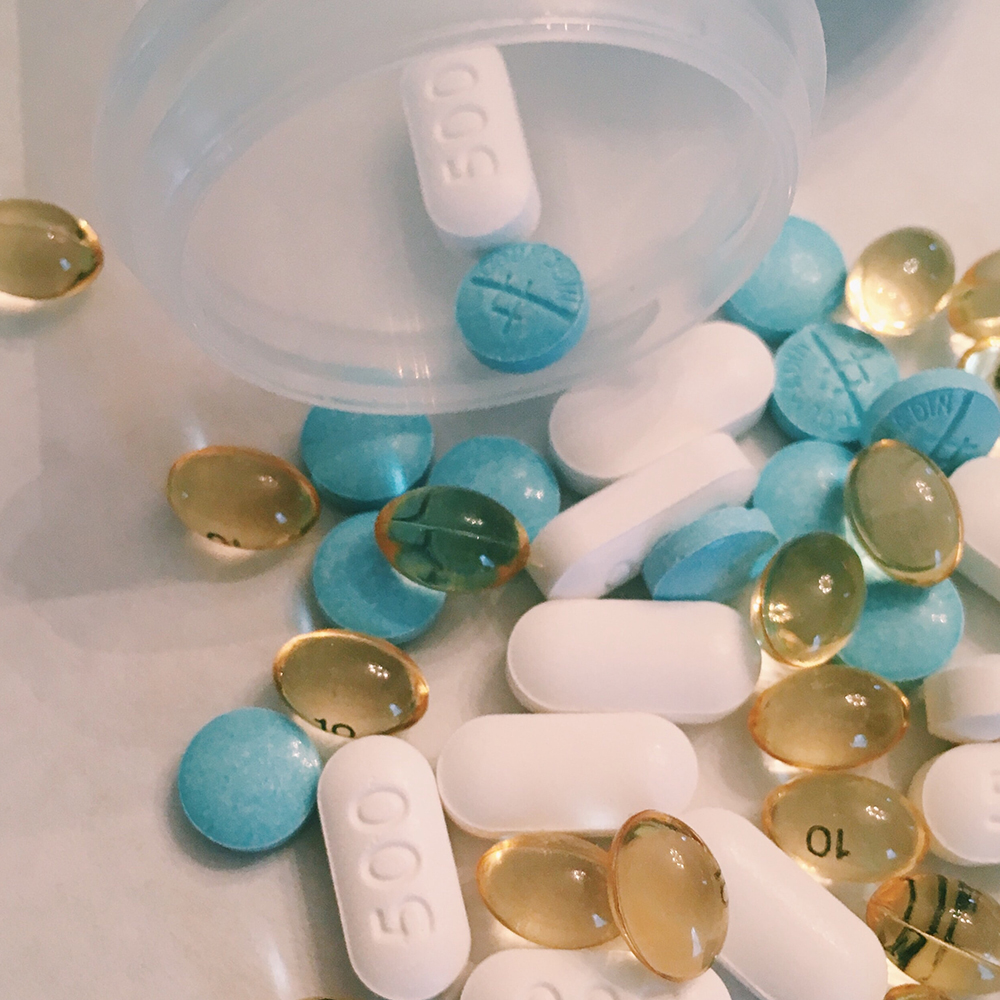Table 1: PBM Fees and Rebates Can Exceed International Prescription Medicine Prices by As Much As 900%
I previously highlighted how estimated rebates and fees PBMs receive for 10 commonly used brand medicines far exceed the total prices of those medicines in eight OECD countries (see Table 1). For example, PBMs received an estimated $419 in manufacturer rebates and fees for a 30-day supply of Ozempic, more than five times the price of the medicine in Australia, France, Germany, and Japan and more than three times the price in Italy, Switzerland, and the UK.

340B is equally problematic. The 340B program allows U.S. hospitals and clinics to charge huge markups on prescription medicines they buy at deep discounts – with these markups often exceeding what they paid to purchase the medicine by 1,000 percent or more.
An analysis of several top cancer medicines illustrates that the markups 340B hospitals charge on medicines also significantly exceed the total prices of those medicines in eight OECD countries (see Table 2). For example, 340B hospitals markup up the cost of Keytruda by more than $20,000. This markup – all of which the hospital keeps as profit – is more than eight times the price in Japan, more than four times the price in Australia, France, Germany, and Switzerland, and two to three times the price of the medicine in Canada, Italy, and the UK.
Table 2: 340B Hospital Markups Can Exceed International Prescription Medicine Prices by As Much As 700%

These data show that together, PBM fees and rebates and 340B hospital markups drive up drug prices in America dramatically higher than the prices in other wealthy countries. Ultimately, markups on medicines due to middlemen often exceed prices abroad by up to 700%.
Dr. Wayne Winegarden is a senior fellow in business and economics at the Pacific Research Institute and director of PRI’s Center for Medical Economics and Innovation.


